
Smart Housing has been developed in response to the demand for housing that better meets people’s needs and responds to the Queensland climate while saving money.

Free Presentation by World Renown Environmentalist Dr David Suzuki
Previous Event: 17th May 2006
Free Presentations by International Biomimicry Expert Janine Benyus
Previous Event: 6th-10th March 2006
Townsville City Council – The Natural Edge Project
Engineering and Water Management & Training Week Workshop (March 2006).
Townsville, 6th March 2006
For further information, contact Townsville City Council: 07 4727 9314


Previous Event: 8th December 2005
A Knowledge Share and Networking Event
A presentation featuring two prominent sustainability experts followed by an opportunity for informal networking.
• Don Watson is a leading Queensland architect and RAIA Sustainable Architecture Award winner. Gain an insight into his 2005 multi-award winning project: the Noosa Environmental Centre.
• Professor Lal Wadhwa is a sought after keynote speaker on sustainability and was Chair of The Sustainable City conferences 2002 and 2004. Share in his views on key sustainability issues.
Invitation only & numbers limited.
Contact Ann Kelly
Project Services
P: 4799 5538
Sustainable Commercial Buildings in Tropical Environments
September 2005
See below for workshop information and PowerPoint presentations

Sustainable Business Practice Workshops
Hunter Lovins Australian Tour – Townsville visit
The American sociologist and lawyer, Hunter Lovins is dedicated to raising awareness of the benefits of sustainable development and “natural capitalism” to companies and business world wide. She is considered a pioneer in her field.
Centre for Excellence in Tropical Design: An Overview (.pps 400Kb)
Powerpoint presentation by Terry Kelly
A Centre of Excellence in Tropical Design:
Sustainability and Innovation (.pps 750Kb)
Powerpoint presentation by Deputy Mayor, Cr. Ann Bunnell
Sustainability – a Regional Context (.pdf 180Kb)
Speech by Deputy Mayor, Cr. Ann Bunnell
Visioning the Future (.pdf 355Kb)
Creating a 21st Century Sustainable Society and Built Environment in Northern Australia Issues Paper by Dr. Peter Ellyard
Knowledge Networked Clusters © CDET 2004 (.pdf 266Kb)
The Underlying Conceptual Model
Andrew McEwen: Manager Economic Development, City of Thuringowa
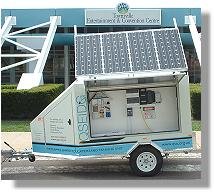
CLUSTER
A number of things of the same kind growing or held together, a group of things or persons near together.
“Clusters bring government entities, companies, suppliers and local institutions together around a common agenda which is constructive and actionable”
Michael Porter
“The Competitive Advantage of Nations” 1998
NETWORK
A chain or system of interconnected or intercommunicating immaterial things, points or people. To link together for sharing of data and the efficient use of resources. To communicate or foster relationships with a network of people for personal advantage.
A CENTRE
An influential place or organisation, a place, area or group of people exerting influence over, within or somebody else – a centre of design innovation.
DESIGN
To create a detailed plan, to plan and make, to intend for use, to invent, to picture something’s form or structure, the way something is made, the process of designing, the intention, an underlying sense of purpose or planning.

This document is designed to develop an understanding of the key concepts for a Centre for Excellence in Tropical Design (CETD), Sustainability and Innovation.
It discusses the twin imperatives of building 21st century sustainable prosperity in a global economy and the increasing demands placed on all of us to live sustainably in our environments.
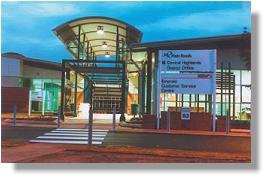
It explores the roles of knowledge industry clusters in the formation of globally competitive industries and outlines a vision for the development of a centre based on an understanding of these clusters.
It also describes the potential scope, roles and outcomes to which it and its members would aspire.
This document will assist interested parties to understand the concept of a Centre for Excellence in Tropical Design (CETD), the key principles underpinning its genesis and operation and a vision for the future for the twin cities and North Queensland.
Globalisation is driving a paradigm shift from a society based on the production and distribution of goods and services to a society based on the application of knowledge and learning in a global economy. At the same time our society is facing fundamental challenges in learning to live sustainably.
These challenges are:
Resolving and responding to the twin imperatives of sustainability and global competitiveness will involve fundamental changes to how we live, work, consume and how we organise our communities.
In this sense achieving sustainability in tropical environments dictates that cities, communities and individuals must learn how to:
The pressing challenge for individuals and organisations is how to pro-actively engage in learning processes that facilitate the transition to a more sustainable and prosperous society.
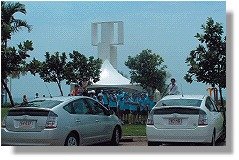
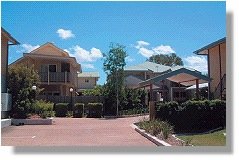
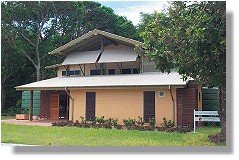
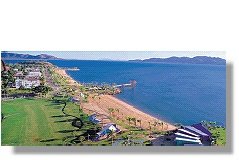


Competitive skills on a global scale have emerged in areas where there is a high concentration of clusters of knowledge and learning networks. These networks are formed through a range of formal and informal partnerships, relationships and collaborations that involve a dynamic mixture of government, business, community, industry, financial and learning organisations. Typically they focus on a range of activities, from finding practical solutions to problems, to pursuing innovative and creative approaches.
Global experience has shown that networks grow and flourish where there is:
However, the central success factor in growing such networks is a strong engagement with the community on practical issues of concern, healthy cross-sectorial networking and mutual respect.
These arrangements tend to focus on research, learning and a desire to commercialise applications which emerge from these collaborations. They are also pivotal in bringing people and organisations together motivated by issues of mutual concern. Because of their sheer density and concentration of learning, distinct capabilities and competencies flourish. This allows for the growth of globally competitive businesses.

A future scenario….
It is envisaged in ten years that a ‘Centre for Excellence in Tropical Design’ is part of an exciting series of hubs of learning, innovation and business development on sustainable design and living in North Queensland.
The Centre is widely recognised as a key partner in fostering the networking that underpins the sustainable tropical design knowledge cluster. The cluster is now the backbone of a flourishing process of practical innovation and learning about sustainable tropical living. The Centre is seen globally as the pre-eminent source of information, learning and expertise on sustainable tropical design integrating sustainability through concepts of Ecology, Community and Place.
Key to the success of the Centre is its ability to provide a neutral environment for people to work collaboratively. It facilitates a growing awareness that living within tropical climates and landscapes has significant implications for the built environment and requires different and distinctive responses.
The Centre has championed North Queensland becoming an exporter of knowledge in tropical design and living to the Asia Pacific region. Today a range of businesses and employment opportunities in North Queensland are based on education, practical learning and design about sustainable construction and community building.
It has fulfilled the promise of its challenge for all of us to live and to touch lightly on our tropical environments. It has gone a long way to address many of the challenges of ensuring prosperity, whilst living sustainably in tropical environments and landscapes.
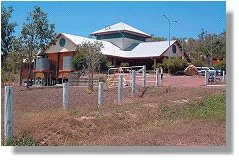
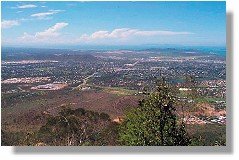
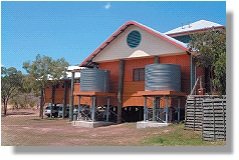
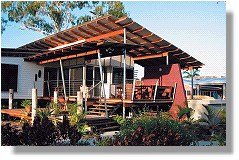
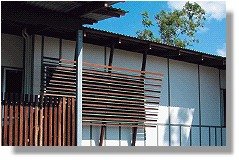
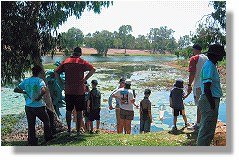
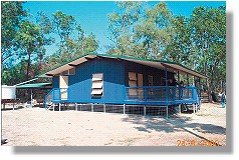
A range of organisations, businesses and individuals in North Queensland are responding to the challenge of living sustainably in tropical environments and have already developed a range of unique and distinctive innovations. These include:
Significant advances have already been made through the application of local technical expertise, experience and knowledge. The concept of a functioning CETD offers the opportunity to significantly reinforce and enhance the innovations already commenced in North Queensland.
Achieving the vision for a Centre for Excellence in Tropical Design involves the centre having a broad scope and the flexibility to pursue a number of roles which include:
To achieve its potential the Centre would have the following broad areas of interest:
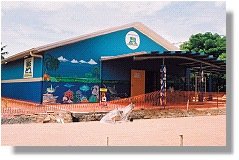
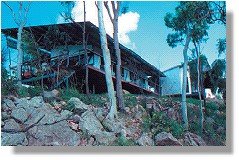
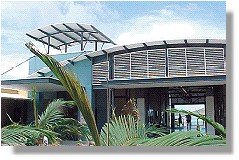
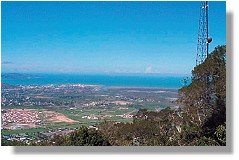
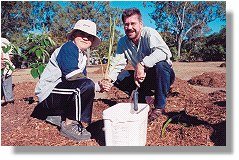

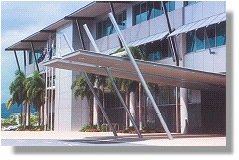
The Centre would be interested in assisting delivery of outcomes in all aspects of sustainability – economic, social, cultural, and environmental. It would have deliverables in broad areas such as:
Energy Efficiency
Climate Response
Infrastructure
Community building
Quality & Safety
Tropical Health
Town Planning & Urban Design
Multimedia & Communication
Materials Selection
Design for remote locations
Research and Future Focused Education & Learning
Landscape Ecology & design
In short, the Centre’s role and scope will position North Queensland globally as a hub of specialist skills and knowledge related to tropical design. Its clear intent is the growth of a network of companies and organisations that are involved in exporting a range of services in tropical design to the Asia Pacific area and to the broader tropics.
There will be a number of challenges to be faced to ensure immediate and ongoing success of such a Centre. Success would be dependent on:
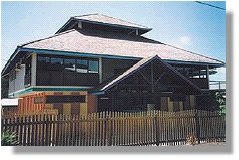
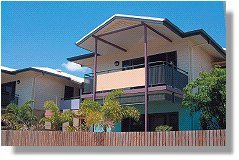
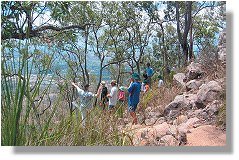
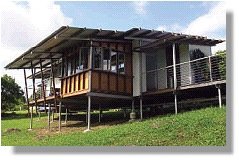
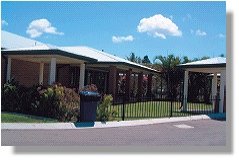
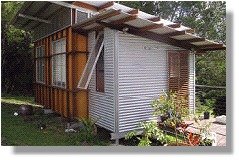
The central purpose of CETD would be to foster the growth of a network of hubs of excellence in tropical design. It would do this by building on existing organisations, networks and associations. It will provide linkages amongst and across organisations and individuals with a view to encouraging collaborations, partnerships and strategic alliances.
A list of significant players in sustainable development and potential network partners:
To achieve this network participants would include:
A Centre would be managed and supported by a committed collective of key identities drawn from State and Local Government, centres of learning, regional design discipline institutes, the local industry and the community. While no one group will have ownership over the centre, it would support the development of a synergised approach to increased sustainability by embracing diversity in its membership and supporting all sectors in the development of distinctive competencies for mutual benefit.
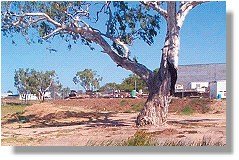
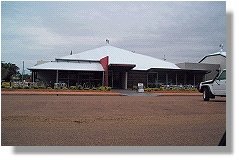
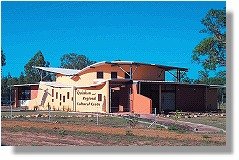
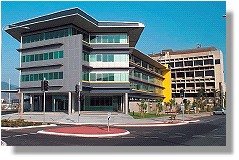
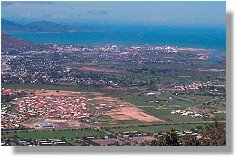
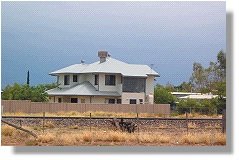
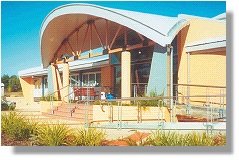
A centre must be guided by the following principles:
At its heart, the concept of a Centre requires a shift away from a silos and specialties mentality into holistic and innovative solutions. A shift from a world based on ‘more of the same’ to one based on continuous innovation and envisioning radical-novel approaches to the challenges ahead on the way toward sustainability.
How this is done is ultimately as important as the content to its ultimate success.
In essence, the vision for a CETD is building a societal-wide process of learning and adaptation. The fundamental challenge for sustainability is not only knowing what has to be done and how it can be done, but also having a community and society understanding, accepting and willing to change how they live.
Many people and organisations know there is a need to do things differently, but many are less sure what precisely needs to be done.
The challenge for this network is to work in partnership with community, industry, government, and academia to translate this generalised concern into practical strategies to live sustainably in a tropical environment.
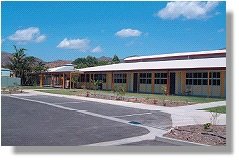
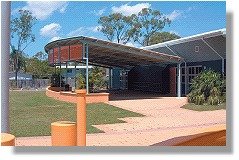
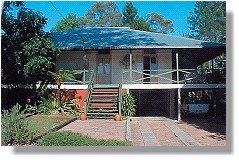
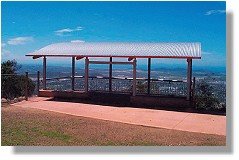
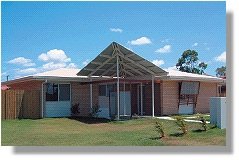
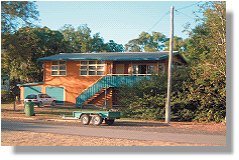
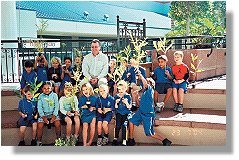
The development of a Centre would provide many benefits for participants and the wider community. These include:
The concept for a Centre has been initiated by a small group of people and organisations; underpinned by a desire to stimulate a more collaborative partnership between local governments, state government, universities, business and the community.
This Vision Statement for a Centre of Excellence in Tropical Design is a starting point for further discussion and elaboration. There is however a real commitment to continue the underlying partnership that developed this document and to foster its further evolution. As part of the concept, the original partners – City of Townsville, City of Thuringowa, Queensland Project Services and James Cook University Centre for Tropical Urban and Regional Planning – intend to explore project partnerships under the aegis of a Centre for Tropical Design.
Commencing as a “Virtual Centre” it is foreseen that the CETD will establish a more permanent form by 2006. It would serve as the focus for accessing the extensive range of expertise related to tropical design available throughout the Centre’s network of involved organisations.
The ultimate vision is to be able, in the next twenty years, to export practical models for tropical cities and sustainable patterns of living to a global community.

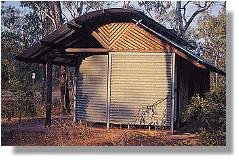
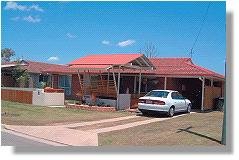
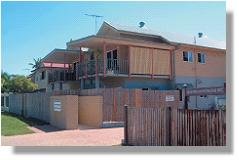
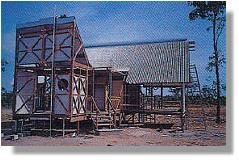
Develop & enhance the key foundation partnership between City of Townsville, City of Thuringowa, Department of Public Works and James Cook University Centre for Tropical Urban and Regional Planning, including the implementation of the following projects:




© All Rights Reserved | 2023 @ Nigel Grier